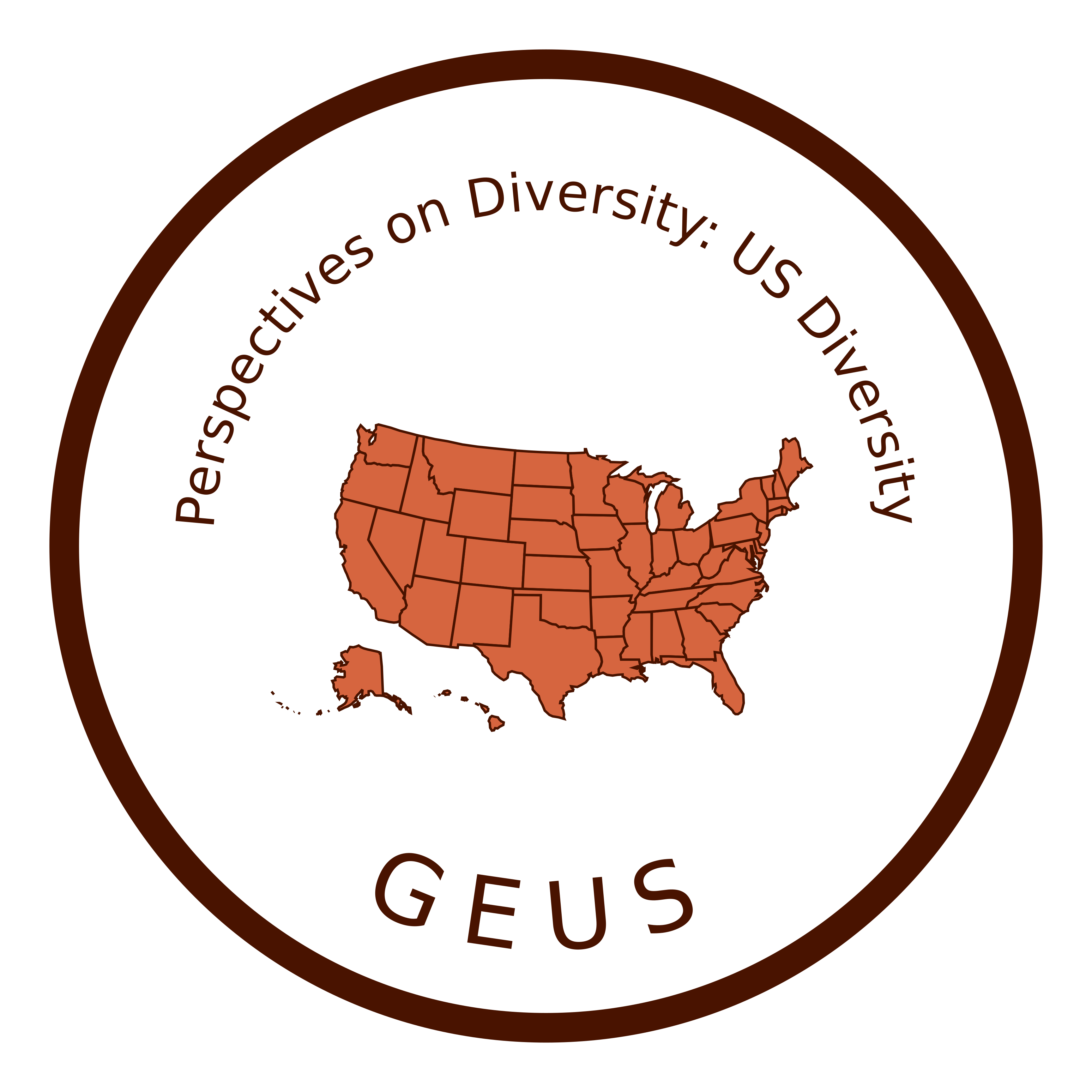2022-2023 Undergraduate Catalog This is not the most recent catalog version; be sure you are viewing the appropriate catalog year.
|
ANTH 214 U.S. Racial and Cultural Minorities [GEUS]
An introduction to the study of U.S. diversity with particular reference to the African American and Hispanic, and European and Asian immigrants in the United States; racial myths, doctrines and movements; conflict and accommodation of majority and minority people; and proposed solutions of ethnic problems.
Credit 3 hrs May not be repeated for additional credit
Grade Mode Normal (A-F) Course Rotation Fall and Winter
Prerequisites -
Other Restrictions -
Restriction by Major -
Restriction by Class - Undergraduate standing

Rationale for Perspectives on a Diverse World - This course is an introduction to the study of U.S. diversity in reference to majority-minority relations. Students will examine the characteristics of the racial, ethnic and subcultural factors leading to the emergence of specific minority groups in American society. The dynamics of discrimination and assimilation will be studied as they apply to major American ethnic and subcultural groups, and issues related to separatism vs. multiculturalism will be discussed in a cross-cultural, comparative framework.
This course provides students with the conceptual tools to analyze their experience of minority-majority status, and to trace the roots of such an experience by placing it in the context of American culture. Also, by applying social-science models to the understanding of the cultural, racial, ethnic and subcultural diversity found in the U.S. students will be able to more clearly assess the complexity of in-group and out-group perspectives on identity and discrimination, particularly in reference to intercultural competence.
Keywords: Anthropology , U.S. Diversity (GEUS)
Often cross-Listed with: SOCL 214
Equivalent Courses: SOCL 214
Updates: Course Rotation added 12/2014
Class listings and details page
|